Blockchain technology has brought numerous innovations to the digital world, and one of its most revolutionary components is smart contracts. Smart contracts are self-executing agreements with the terms of the contract directly written into code. These programmable agreements power decentralized applications (dApps), enabling a trustless and automated environment without intermediaries.
If you’re serious about improving your trading skills and understanding blockchain topics like smart contracts, becoming a member of the EPIQ Trading Floor is your next step. With access to an exclusive Member’s app, trade signals, expert coaching, and live sessions, you’ll enhance your ability to navigate the crypto markets like a pro. Use the code “BLOG” at checkout to get a 10% discount and start your journey with a risk-free 3-day trial. Cancel anytime within 72 hours without being charged.
What Are Smart Contracts?
Smart contracts are digital protocols that automatically enforce the performance of an agreement. Built on blockchain networks like Ethereum, Solana, and Polkadot, they execute predefined conditions once specific criteria are met.
For instance, a smart contract for an escrow service will automatically release funds to a seller once a buyer confirms receipt of goods, eliminating the need for a middleman. According to Investopedia, smart contracts not only reduce transaction costs but also increase transparency and security.
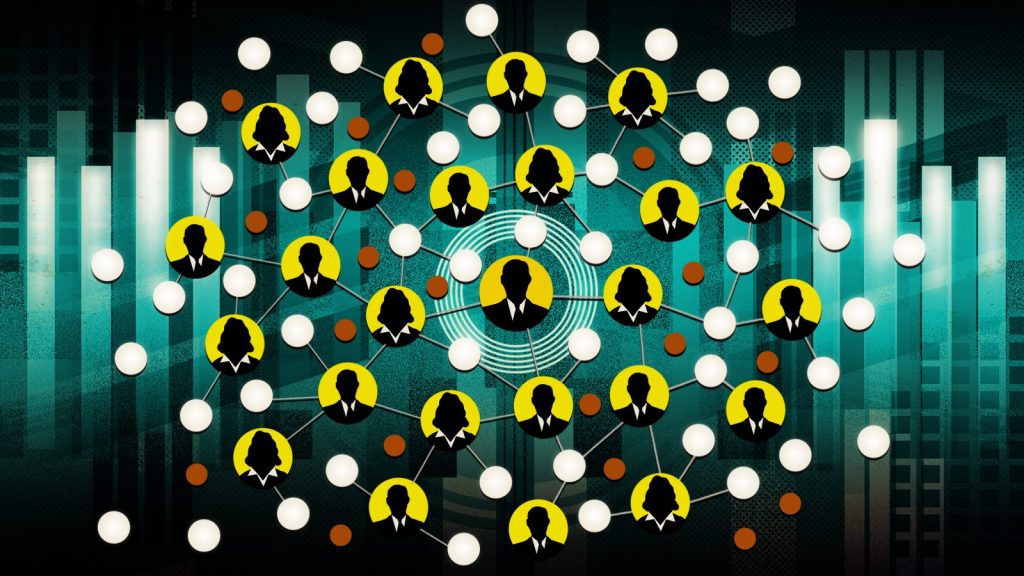
The Connection Between Smart Contracts and Decentralized Applications
Decentralized applications (dApps) are applications that run on a blockchain network instead of a centralized server. Smart contracts act as the backbone of dApps by automating operations, enforcing rules, and ensuring trust between participants. This synergy has driven the rise of dApps across sectors such as finance, healthcare, gaming, and supply chain management.
Key Benefits of Smart Contracts in dApps
- Automation Smart contracts reduce the need for manual intervention. For example, decentralized finance (DeFi) platforms use smart contracts to manage lending, borrowing, and trading automatically.
- Transparency Since smart contract code is visible and verifiable on public blockchains, users can trust that the application operates as intended without hidden conditions.
- Security Once deployed, smart contracts are immutable, reducing the risk of tampering or fraud.
- Cost Efficiency By cutting out intermediaries, smart contracts lower transaction fees and operational costs.
Real-World Applications of Smart Contracts in Decentralized Applications
1. Decentralized Finance (DeFi)
Smart contracts have revolutionized the financial industry by enabling DeFi platforms to offer services like staking, lending, and decentralized exchanges. Platforms such as Uniswap and Aave rely on smart contracts to facilitate peer-to-peer financial interactions.
2. Supply Chain Management
Smart contracts ensure transparency and accountability in supply chains by tracking goods from origin to destination. For example, Walmart uses blockchain-based smart contracts to track food products for enhanced quality control.
3. Gaming and NFTs
The gaming industry has embraced smart contracts to create in-game economies and facilitate the trading of non-fungible tokens (NFTs). Platforms like Axie Infinity rely on these agreements to allow players to own and trade in-game assets.
4. Healthcare
Smart contracts simplify patient data sharing while maintaining privacy and compliance with regulations like HIPAA. They also automate claims processing and reduce administrative overhead.
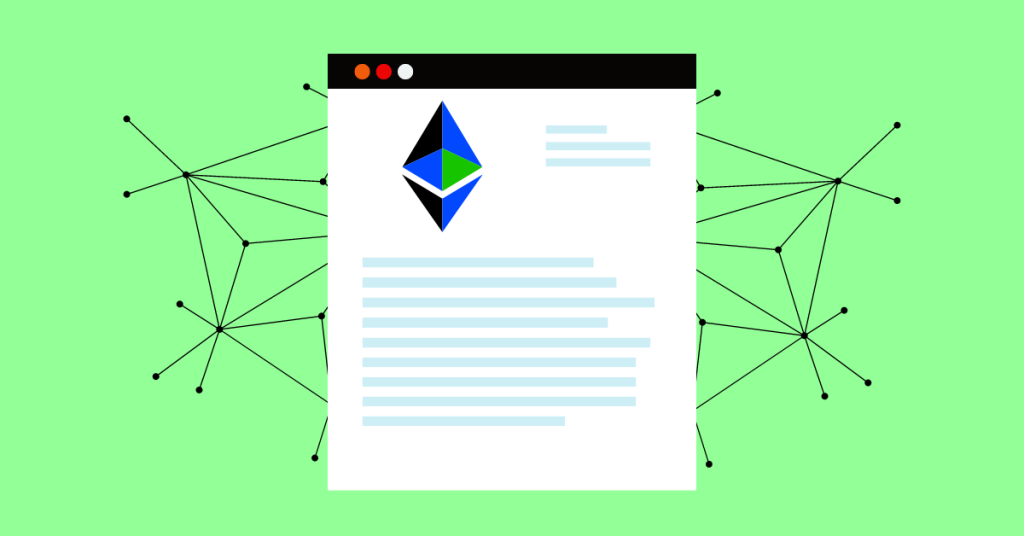
Challenges and Limitations of Smart Contracts
While smart contracts offer numerous benefits, they are not without challenges:
- Code Vulnerabilities Poorly written smart contracts can be exploited, leading to financial losses. The DAO hack in 2016, where $60 million was stolen, highlights the importance of rigorous code audits.
- Scalability Issues Most blockchain networks face scalability problems, which can hinder the performance of dApps relying on complex smart contracts.
- Legal Uncertainty Smart contracts operate outside traditional legal frameworks, which can complicate dispute resolution in case of disagreements.
The Future of Smart Contracts and dApps
As blockchain technology evolves, smart contracts and dApps are poised to become even more integral to various industries. Emerging trends include the integration of artificial intelligence for smarter decision-making and the adoption of layer-2 solutions to address scalability concerns.
Governments and organizations worldwide are exploring use cases for smart contracts, including digital identity verification, automated tax collection, and decentralized voting systems.
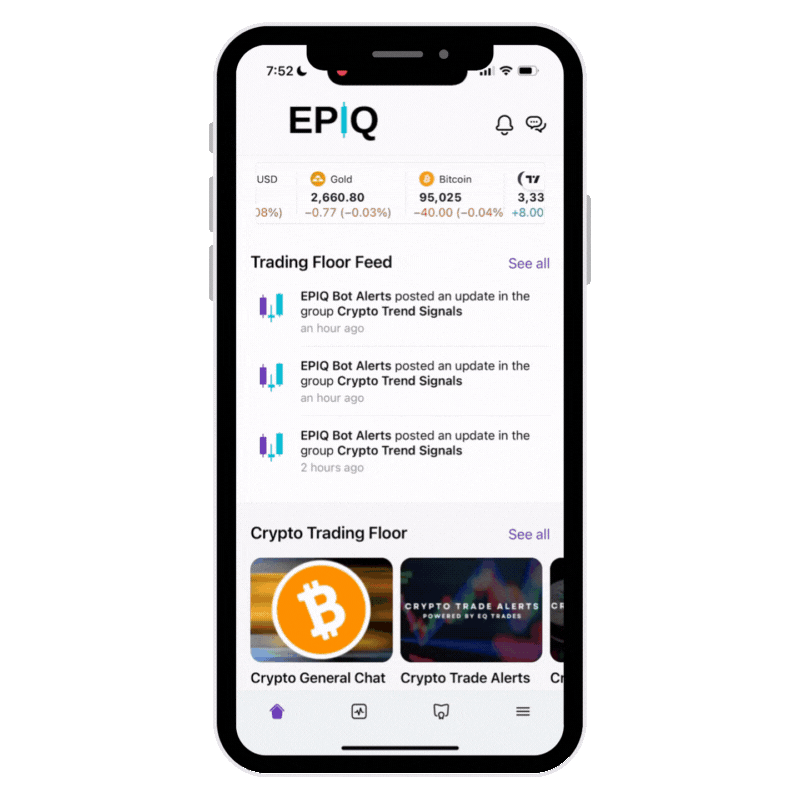
How EPIQ Trading Floor Can Empower Your Crypto Journey
Smart contracts are reshaping the way we interact with technology and finance. To stay ahead in this rapidly evolving market, you need the right tools and resources. At EPIQ Trading Floor, we provide everything you need to maximize your potential:
- Trade Signals: Get actionable insights from real-time signals.
- Member’s Only Livestreams: Learn directly from expert traders.
- One-on-One Coaching: Receive personalized guidance to refine your strategies.
- Exclusive Mobile App: Access powerful trading tools anytime, anywhere.
Conclusion
Smart contracts are revolutionizing decentralized applications, offering unparalleled automation, security, and transparency. As adoption continues to grow, they are poised to transform industries and redefine how we interact with digital systems.
Ready to take your trading and blockchain knowledge to the next level? Join the EPIQ Trading Floor today and unlock the tools and insights needed for success.
Disclaimer: The information provided in this blog is for educational purposes only and does not constitute financial advice. Cryptocurrency trading involves significant risks, and you should consult with a financial advisor before making investment decisions.


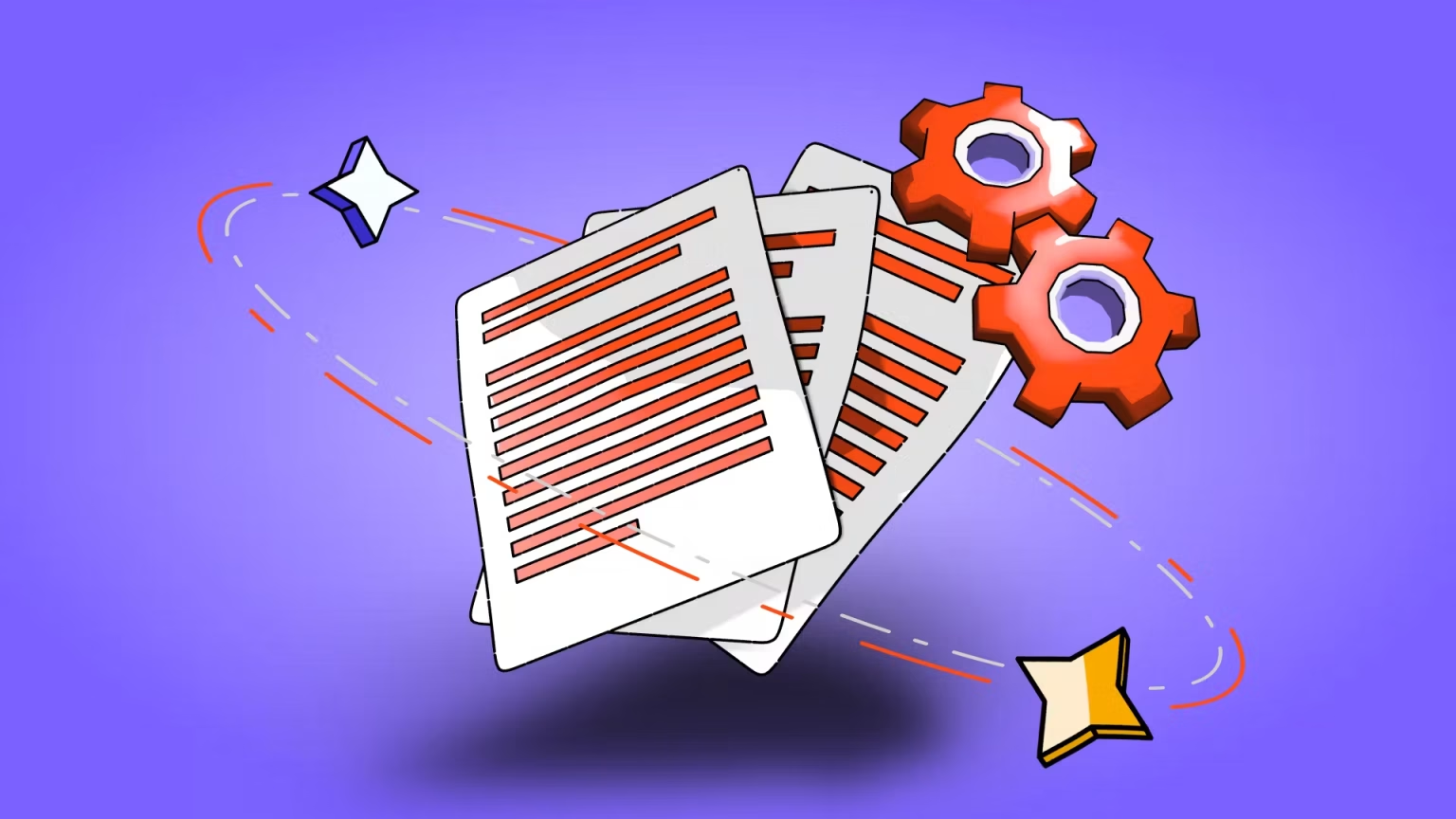





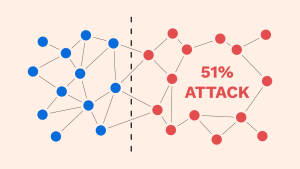

Responses